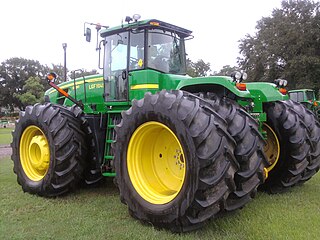In a digital world, you may not have the full rights of "physical" ownership you would expect when purchasing equipment or digital content.
In this section we explore digital rights management, geoblocking and related examples, highlighting the importance for users to study the terms of reference and licenses when using proprietary software to purchase products reliant on digital technology.
| Summary: |
Explore and discuss the impact of digital rights management |
| 30 - 45 minutes |
Consult the suggested resources and participate in the digital rights management debate.
Digital rights management (DRM)
DRM is the practice of imposing technical restrictions (hardware or software) that restrict what users can do with digital content or operation of their equipment. Examples include:
- Film studios which embed software on their DVDs that restricts the number of copies a legal user can make to two.
- Computer games which restrict the number of devices on which the game can be installed requiring server authentication to keep track of the number of installations.
- e-Book publishers who restrict the ability to copy or print the materials.
Geoblocking
Geoblocking is a form of DRM which restricts access to content based on geographical location; for example, restrictions associated with media rights for sport coverage or films in different parts of the world because copyright holders sell broadcast and distribution rights to different companies around the world. Frequently, prices for streamed services of the same content will differ from country to country.
In another example, an individual who buys DVD films in one country and then emigrates to another country, may find that the playback of the legally purchased content is restricted by technology means in the new country of residence.
Case study - The right to repair
Do farmers have the right to repair their own tractors? Not necessarily, for example, John Deere's proprietary software used to operate the vehicle does not allow "owners" to repair systems themselves and in effect they only have an implied license for life to operate the vehicle.
Readings
Select one or two of the following readings (and feel free to annotate using the Hypothes.is and remember to tag your posts using the course code: LiDA102. Consult the OERu support site for help on using the Hypothes.is annotation tool.):
Outputs
Digital rights management debate
Seeing both sides of a debate gives you the opportunity to better understand the issues. In this discussion, choose one of the questions listed below and post to the DRM debate. Your post should include:
- A sentence summarising the issue.
- The most important reason, in your opinion, why DRM is appropriate in a digital world.
- The most important reason, in your opinion, why DRM is not appropriate in a digital world.
Optional questions to consider
- Do you have personal experience of a DRM issue? Summarise the example and present both sides of the issue.
- Do you have personal experience of a geoblocking issue? Summarise the example and present both sides of the issue.
- Should owners of equipment have the right to repair? Summarise the example and present both sides of the issue.
Feel free to "like" or reply to interesting contributions. Remember to tag your posts using the course code: LiDA102.


